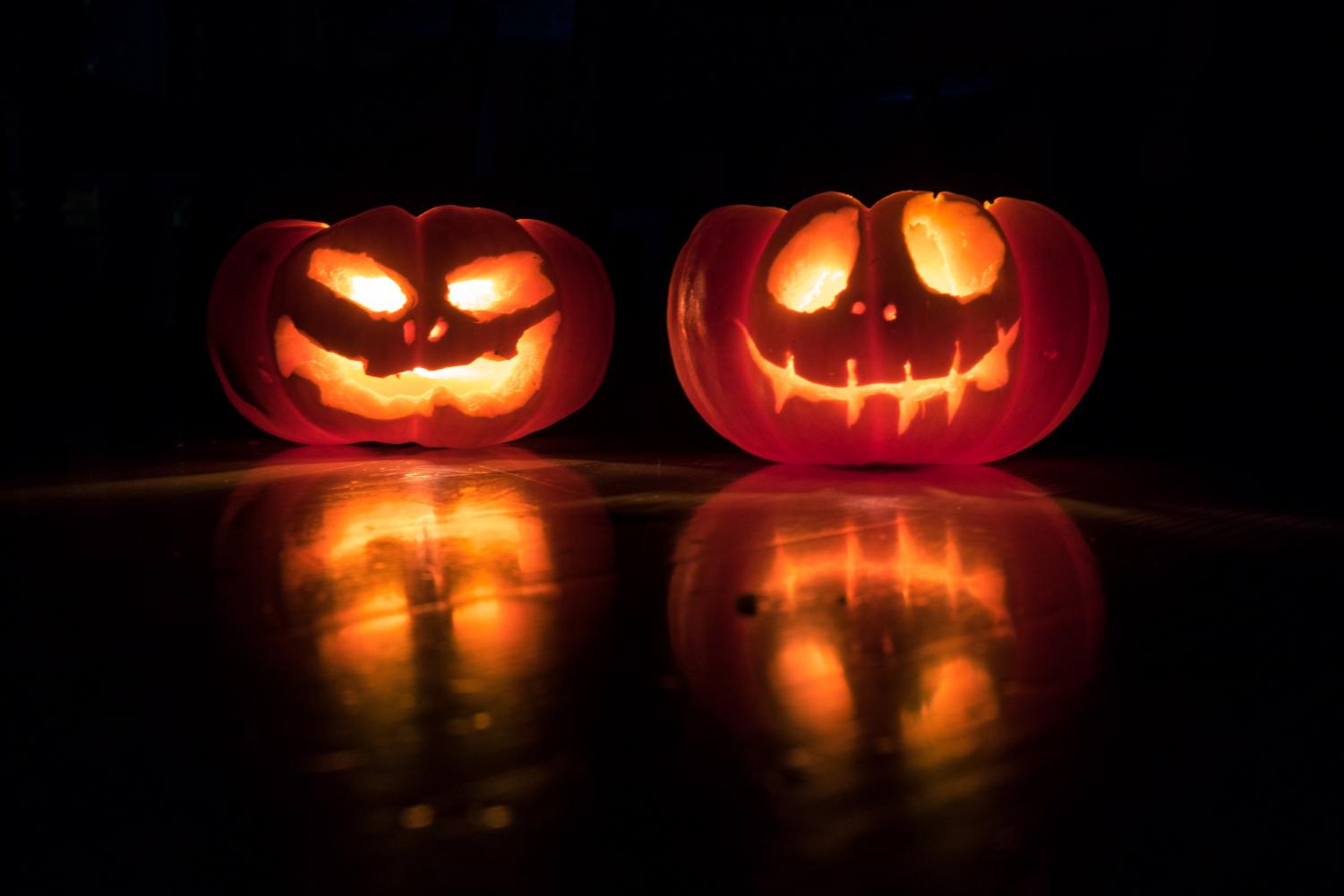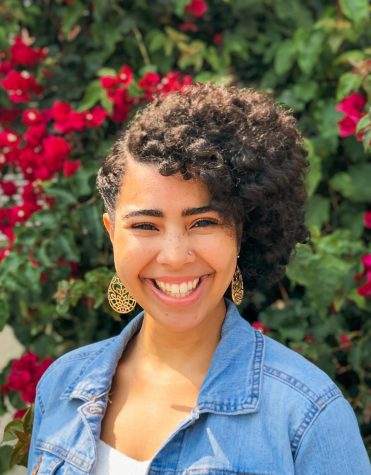This year, there is a new addition to trick-or-treating—COVID-19.
The holiday season is kicking off with Halloween on Oct. 31, but the coronavirus pandemic is still raging through the United States. As we have seen through every holiday celebration since mid-March, this crisis has revolutionized the way we conduct holidays. The coronavirus has forced us to re-evaluate what fun looks like and how much we are willing to risk to spend time with others. And it will continue to do so as we move into the holiday season.
A COVID-SAFE HALLOWEEN
Halloween is a unique holiday in that the central way it is observed is by talking to strangers and accepting candy from them. The entire idea is to interact with other people and pass items around, and is arguably very unsanitary. Under normal circumstances, the spread of germs is not very risky. However, we are still in a global pandemic. With the U.S. hitting a new record for the most reported new coronavirus cases in one day, at over 87,100 on Oct. 29, it is clear that this virus is not slowing down. So we need to act accordingly.
Unfortunately, no one should be trick-or-treating this Halloween. If you test positive for COVID-19 shortly after going door-to-door talking to strangers and digging in candy buckets, sufficient contact tracing will be virtually impossible. It is best to stay home.
With this in mind, local governments are taking steps to put restrictions on Halloween celebrations. The state of California released guidelines for staying safe during Halloween and Día de los Muertos, offering alternative suggestions to trick-or-treating. They recommend attending “car-based outings,” “participating in online parties/contests” or “eating a Halloween-themed meal with your household” and if you want to include others, do so outdoors. For Día de los Muertos, also known as the Day of the Dead, the state recommends placing your altars outside, creating virtual altars and limiting cemetery visits to include those only in your household.
VALUES
Modifying tradition is undoubtedly very difficult. Halloween is a time for parties, creative costumes, watching movies and stuffing our faces with candy. The biggest part of what makes it so fun is that we are with others, whether they be friends or family. And the coronavirus has taken that from us.
The traditions within Día de los Muertos are beautiful and full of deep meaning, and it is heartbreaking to know that such a family-oriented holiday cannot look the way it normally does. This entire pandemic has forced us to reckon with loss, and with Latinos making up over 20% of deaths from COVID-19 in the United States, this community is facing tremendous grief this time of year.
The primary value reflected in these two holidays is community. Though we do need to keep public health in mind as we celebrate, it is perfectly reasonable to grieve the loss of tradition.
ACCEPTING OUR REALITY
Above all else this Halloween and Día de los Muertos, our goal should be safety. We should aim to love our neighbor by being considerate with our method of celebration. This is another chance to be intentional about stopping the spread of the virus.
We should take time to process feelings of grief for the loss of Halloween and Día de los Muertos as we know it for now, but we should not stay there. Our circumstances are allowing us to get creative and discover new ways to celebrate old holidays.












